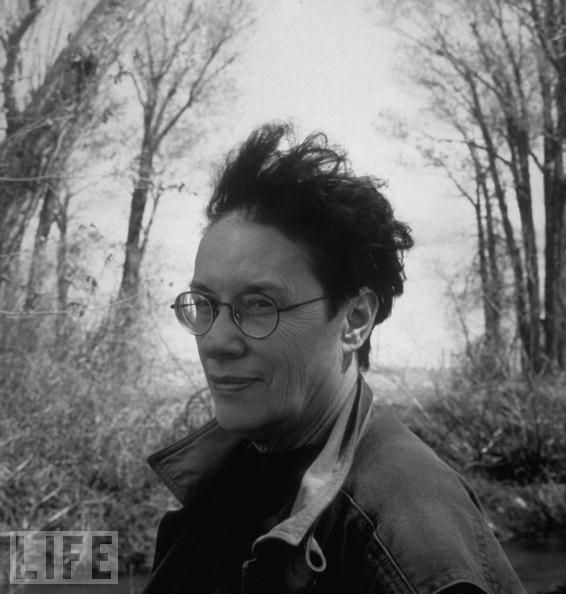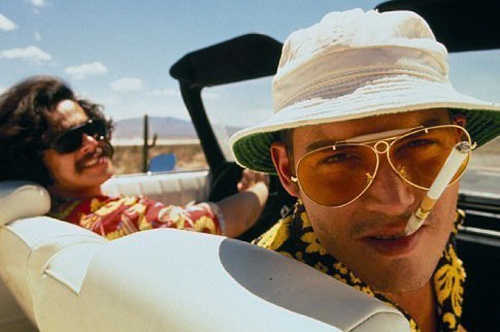This is the blog post that launched my new-found bloggin’ career. Matthew Dicks, the author of “Something Missing” asked me to blog about the most awkward date of my life after I tweeted this:
“It’s been two years since the most awkward date of my life. And we’ll be married in two months. Bring on the lobster.”
Not having my own blog at the time, I guest-blogged on his site. And then I became addicted. Here is what I wrote:
The Most Awkward Date of my Life
Two years ago I went on the most awkward date of my life.
Telling you this date was awkward is saying something, because I have had some awkward dates. There was the guy who picked me up in a Cambridge, Mass. coffeehouse with an invitation to stroll across Boston. “I’m in a band,” he confided. It was only when he got outside and started walking that I learned that his primary instrument was the accordion. (“My fans! My fans!” he yelled, bowing to an appliance store’s window display during our date.) There was the time I went for coffee with a guy I’d met through his massive group of friends. Four hours in, all of those friends showed up, pulled up chairs and joined the getting-to-know-you conversation. And then there was the college boyfriend I met at our mostly-white school’s attempt at a drag ball. We were both serving very bad drag and his first words to me were “I’m the woman your mother always warned you about.” (She hadn’t, but after spending the better part of year in that relationship, I remember wishing she had.)*
What I’m trying to say here is that I know awkward. Still, nothing measures up to my September 3, 2007 trip to the museum with the man called Cowboy. He was fourteen years my senior and I knew him only from a local bar, where the other patrons referred to him only as “Cowboy.” We were meeting at the American Museum of Natural History in New York City on Labor Day morning. Thanks to a night of carousing in the city with my friend Beth, I was suffering an immense hangover that day, but I was nursing an unholy crush on the Cowboy, and I thought maybe this outing would rid me of it. It didn’t.
I accepted the date on a Friday in a fit of nerves, and spent the next two days feeling like I’d eaten jumping bean salad. When Labor Day rolled around, I was up early, running on no sleep, so excited I left my cell phone charger in Beth’s apartment. I realized my mistake two blocks away from the museum and had to sprint back to her place, then taxi to the museum. When he arrived, I was soaked with sweat and lugging an overnight bag.
It was the first time I’d seen him in daylight. There were two things we wanted to see, we decided, as we stood around waiting to make our $20-an-adult “donation.” He was looking for the medieval armor. I wanted to see the giant whale I remembered from a childhood trip to the museum.
We made small talk as we continued through the line, into the museum and into the exhibit in which to-scale models of protons and electrons hung in a room made completely of plate glass, which was, incidentally, too bright for anyone recovering from a night of cheap beer and ‘80s music. The pain of my headache pried my attention from the electrons and the conversation. I was gazing out of the glass wall when I realized that the small talk had taken a wrong turn. I tuned back in, and then tried to tune out again immediately, but it was not possible.
He was standing there, near a neutron, confessing family secrets. These were not garden-variety family quirks. These were major sins-of-the-father skeletons in the closet; the sort of ancestral horrors that a significant other tends to learn about gradually; the kind of revelations that take root as a suspicion, and finally explode years down the line when a family member gets drunk at Christmas. The tamest one involved a cousin, a dwarf from Texas, who chased his mother around the graveyard at his father’s funeral.
My first impulse was to wonder what that could do to a child; my second was a fight-or-flight response. The headache began to fade, and I remembered, as I searched for an exit, that two days before Cowboy told me he hadn’t had a proper first date since the ‘80s. When I relayed this information to a girlfriend, she stared at me and said, “Run.” Standing there, listening to him go on about his inappropriately horny Texan cousin, I readied myself for flight.
Then my phone rang. It was my mother. I tell my mother almost everything, but this date was on the short list of items I’d decided not to share.
“Hi honey.”
“Hi Mom. I can’t talk. I’m in the city with Beth.”
“Oh! I didn’t know you were visiting Beth. Where are you?”
“The Museum of Natural History,” I muttered. There was a pause as my mother sniffed the air for lies.
“With Beth? You’re at the Museum of Natural History with Beth?”
“She loves culture. You know Beth.”
My mother did know Beth. She also knew that after a night out in the city, we were more likely to be swanning around behind dark glasses than inspecting arrowheads and stuffed antelopes.
“Okay,” she said in her we’ll-talk-later voice. “Have a good time. And say hi to Beth.”
I turned back to my date.
“That’s my mother. She’s psychic when it comes to the phone. She always calls exactly when she shouldn’t.”
“She knows,” he said, smiling.
My mother’s well-timed intrusion saved me from any more horrific revelations but it did not break the ice. He walked a few steps behind me as we cruised through the exhibits. I could hear his boots echoing off marble floors and the dinosaurs’ glass display cases, each step accompanied by a jingle, which made me wonder if he’d taken his nickname one step too far and worn spurs.
Rejuvenated by a lunch of street-vendor hot dogs, we realized we had found neither the suits of armor nor the whale. We charged back inside only to be told by a sour old lady in a museum vest that there were not suits of armor in this museum. European history – unlike the history of every other continent – was housed down the block in the Met, with fine art. Ignoring for the moment the ethnocentric policies that shaped the collection of the American Museum of Natural History, we plunged into the heart of the building, searching for something that should have been unmissable – a gigantic whale, suspended from the ceiling.
“How do you hide a whale?” lamented Cowboy as we careened through the halls, led astray by maps that looked simple enough for a child to follow, passing the suspended Viking boat for the fifth time. We found it at last, by accident and it was exactly as underwhelming as I hoped it wouldn’t be. Left with nothing else to do, we left the museum and took the train back out to the Connecticut, making stilted conversation. I haltingly tried to kiss him good night in the train station parking lot, and missed when he turned his head, hitting him somewhere east of the corner of his mouth. He looked shocked, I felt stupid, and we went home — separately.
That was two Labor Days ago. In two months the Cowboy and I will be married. Last Labor Day, we went back to the city to find the suits of armor. They are indeed at the Met. I can confirm he does not wear spurs, although he does have the loudest car keys I have ever heard. Our local bar closed, but we still see the other patrons and everyone still calls him Cowboy. But I don’t. Now, I just call him Honey.
*Editor’s note, 2019: Some of this paragraph has been rewritten because I know more today about gender and ballroom culture than I did in 2009.





